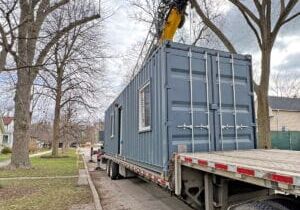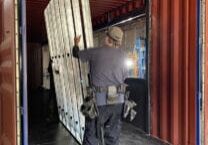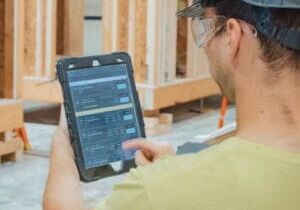A Blanket Approach
Why Polyisocyanurate Could be a Game-Changer for Offsite Construction

Steve Dubin is the Business Development Manager for Rmax, a Sika Company
The world of construction seemed stagnant for a long time. If you compare a black and white photo of a traditional jobsite today to one from the early 1900’s, the only difference you might see is someone holding a cell phone. Many of the materials and methods are very similar, the transportation of those materials is similar, and so are many of the tools.
Lately, though, that lack of significant forward momentum in construction practices is evolving, and offsite or factory-built construction methods have taken center stage. Developers, builders, and future building owners now seek efficiency, sustainability, and cost-effectiveness. Labor rates continue to rise, while the labor pool continues to fall. More stringent building codes add difficulty to the construction process. Housing affordability continues to be a growing challenge as well. Because of these and many other reasons, modular/offsite construction has emerged as a powerful solution to meet those demands. A key element in these prefabricated structures is insulation. In this article, we will explore why installing polyisocyanurate as a continuous insulation in a factory can be a game changer for the construction industry.
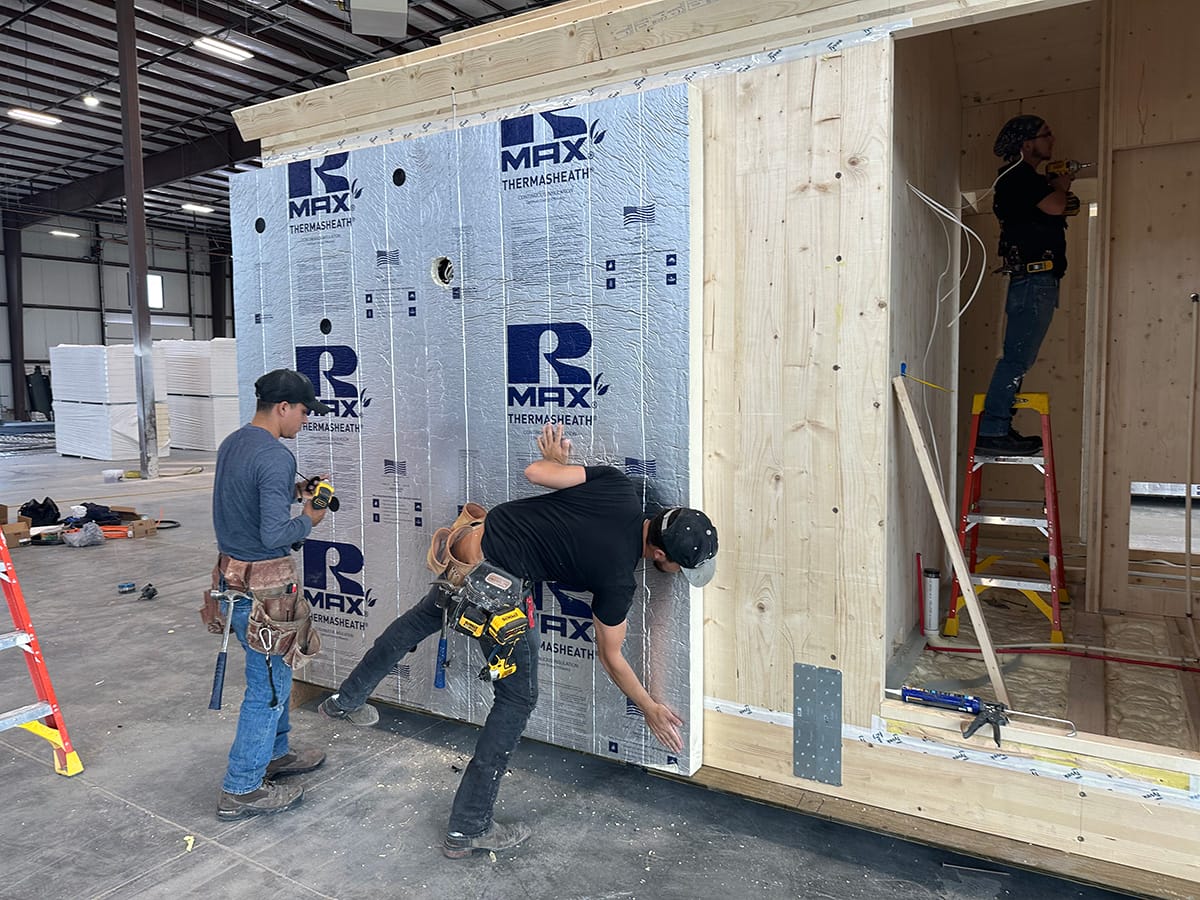
4-inch R27.4 polyiso being installed at Stack Homes in Salt Lake City, Utah.
The Rise of Offsite Construction
Since you are reading this article on this particular website, then you already know that offsite construction is a constantly evolving and revolutionary approach to building that involves the assembly of building components, or the entire building itself, in a controlled factory environment. When complete, these components or modules are transported to the construction site and assembled to create the final structure. There are many advantages to this approach: faster construction timelines, reduced on-site labor, minimized waste, and enhanced quality control. But for offsite construction to truly shine, the choice of insulation material is paramount.
Polyisocyanurate Insulation: A Top Performer
Polyisocyanurate, or polyiso, insulation has become a top choice for modular construction. This thermosetting plastic foam board is renowned for its impressive list of attributes:
- High Thermal Performance - Polyiso insulation offers one of the highest R-values per inch among commonly used insulation materials. This is a critical feature for achieving energy-efficient buildings. By using thinner insulation boards, you can maximize the usable space within modular units while maintaining exceptional thermal efficiency. This can help meet the increasingly stringent energy codes across the country without adversely affecting the existing exterior assembly.
- Lightweight - Polyiso insulation is also known for being extremely lightweight. In factory construction, where transport and handling efficiency are essential, its weight- or lack thereof- can lead to cost savings and reduced logistical challenges.
- Fire Resistance - Safety is paramount in construction. Polyiso is a thermoset plastic and boasts excellent fire resistance, which is a must-have feature in modular building components.
- Moisture Resistance - Closed-cell, closed matrix polyiso insulation inherently resists moisture, helping prevent water infiltration and the potential for mold and rot. This is particularly vital in modular structures that may be exposed to moisture during transportation and installation.
- Durability - Polyiso insulation is a strong, dense material that withstands the rigors of construction, ensuring the insulation’s performance throughout the building’s life.
- Sustainability - Many polyiso insulation products contain recycled content and are produced with a low Global Warming Potential (GWP) blowing agent, making it an environmentally friendly choices that align with sustainability goals.
Efficient Factory Installation
One of the most significant advantages of using polyiso insulation in offsite construction is the ease of installation. Its lightweight nature allows for straightforward handling and cutting. Some manufacturers are able to produce their polyiso to exact R-value thicknesses, and exact lengths, reducing wasted time and materials significantly. All of this leads to faster installation times, and enhanced production efficiency, all critical factors in factory-built construction. In many cases, when used as the air and weather resistive layer as well as the insulation, polyiso will help eliminate other layers and processes in the exterior assembly. Case studies have shown elimination of expensive weather resistive structural boards, 3rd party whole house weather resistive wraps, and moisture resistant exterior gypsum, removing significant process time and significant weight from the panel or module.
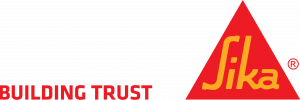
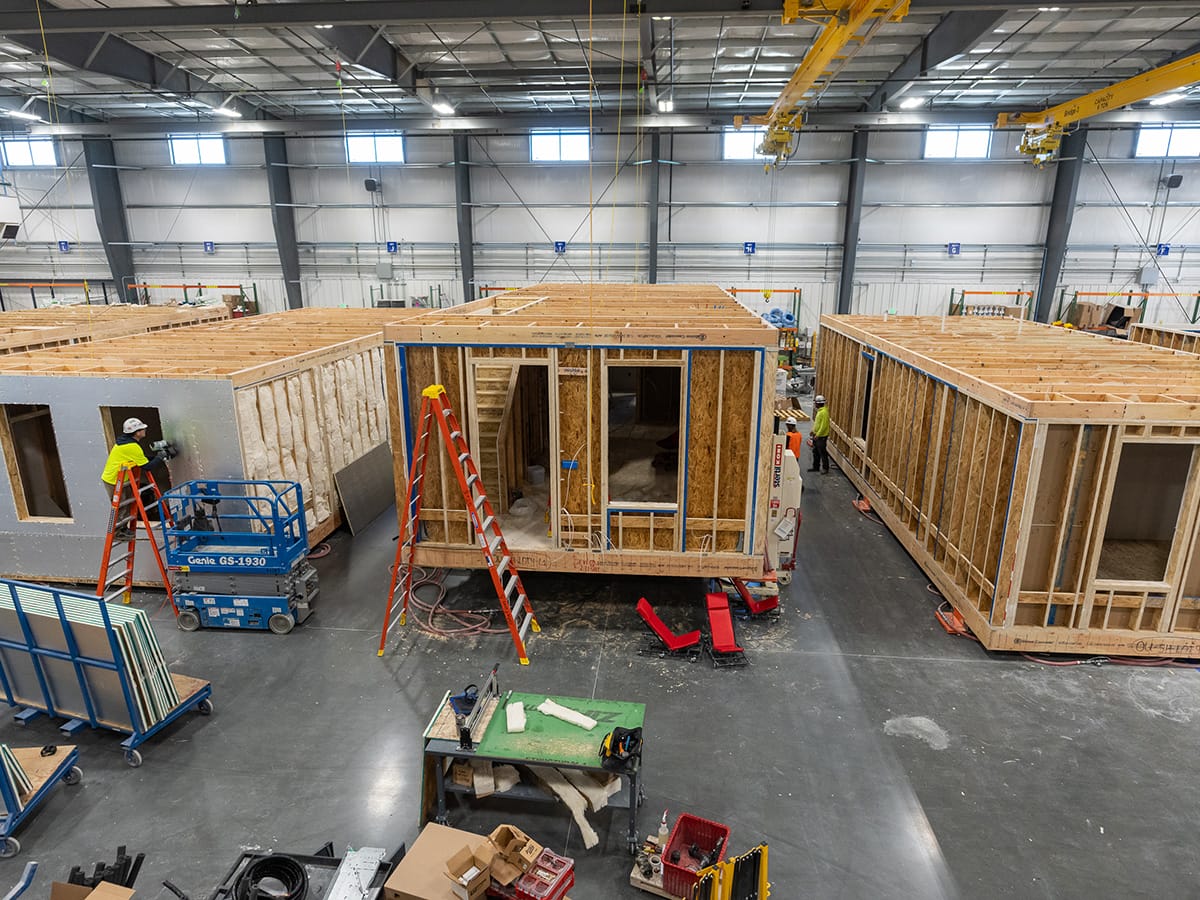
Installation of structural polyiso insulation at the Fading West factory in Buena Vista, CO.
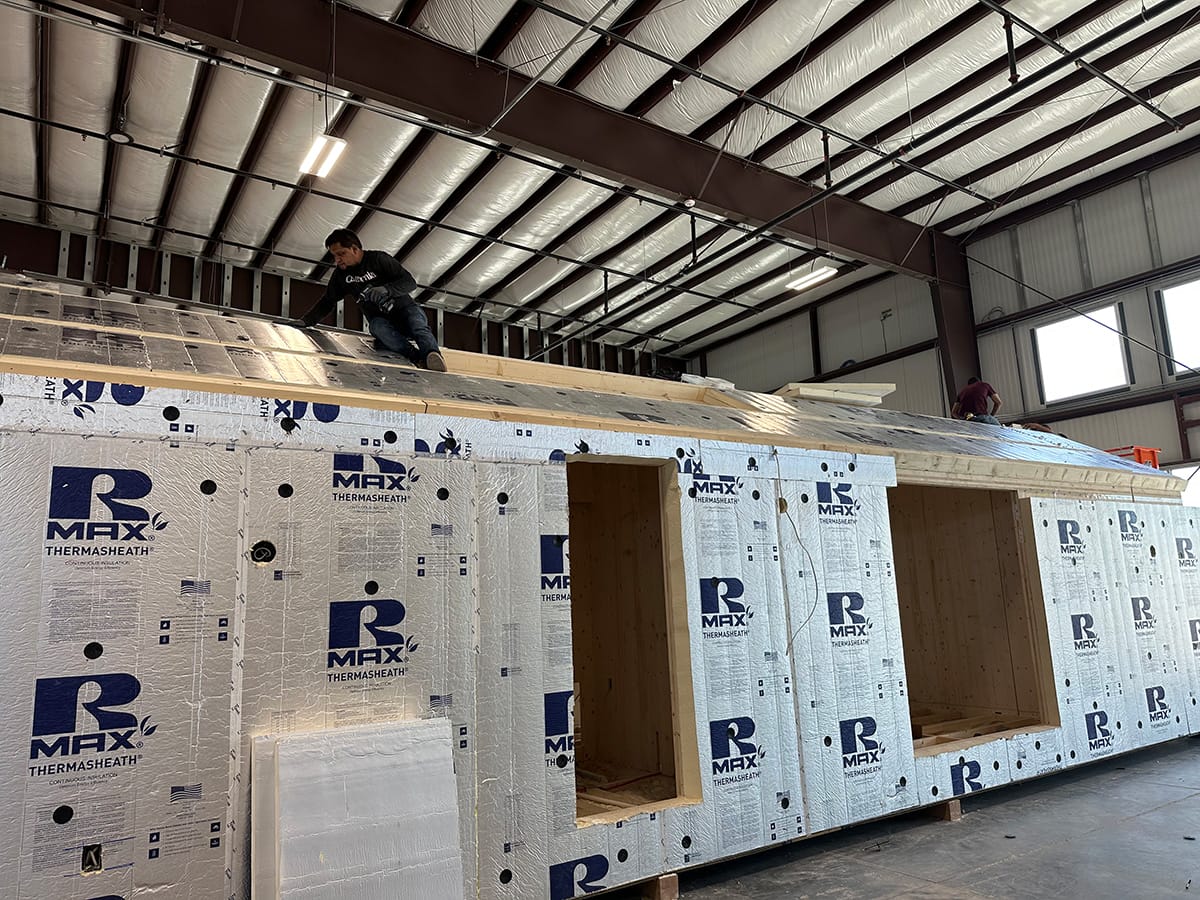
Stack Homes in Salt Lake City installs polyiso on roof and wall assemblies for a custom-built residence.
Moreover, polyiso insulation is compatible with just about any available claddings and design requirements. Versatility like this allows builders and architects the flexibility to create modular structures that are architecturally appealing while maintaining excellent energy performance.
Future-Ready Insulation
As offsite construction continues to gain momentum, so does the need for innovative, efficient, and high-performing building materials. Polyiso insulation is at the forefront of this movement, providing the thermal performance, fire, air and weather resistance, and durability required for offsite construction. Its lightweight, easy to install, and environmentally friendly, making it an essential tool for modern construction.
When a modular factory is considering the use of polyiso in their assemblies, they should ask themselves some important questions to make an informed decision. For example:
- What are our thermal performance requirements, and how do they corelate to local building codes and regulations?
- Is weight a concern?
- Is moisture resistance important?
- How does polyiso compare to other insulation materials regarding fire, air, and weather resistance?
- Does polyiso integrate well with other building materials we are using?
- Can polyiso reduce our labor and/ or processes by eliminating other components?
- Can polyiso come in specialty lengths or thicknesses suitable to our production needs?
Polyiso insulation is a game changer for the game changing industry that offsite construction is proving to be. By choosing this exceptional insulation material, factories can achieve much higher energy efficiency, much faster construction timelines, and an overall superior quality of construction. In the evolving world of construction, and with its ability to be used in a wide variety of assemblies and applications, polyiso insulation can be a vital component in offsite construction.
About the Author: Steve Dubin, based in Napa, California, is a Business Development Manager for Rmax, a Sika Company. His area of focus is on modular and offsite construction manufacturers. He can be reached on LinkedIn, or directly at dubin.steve@us.sika.com.
More from Modular Advantage
Falcon Structures: Thinking Inside the Box
Some of Falcon’s latest projects include creating container solutions for New York’s Central Park and an East Coast professional baseball team. More and more, Falcon is shipping out container bathrooms and locker rooms to improve traditionally difficult work environments, like those in oil and gas or construction.
UrbanBloc—From Passion to Industry Leader
UrbanBloc specializes in three main categories or markets – what they call “Phase 0” projects, amenities, and urban infill. Clients are often attracted to shipping containers because from a real estate perspective they are considered an asset. Having the flexibility to move and transport these assets allows owners to respond to different circumstances in a fluid manner that they can’t get with standard construction.
The Hospitality Game-Changer
“Hospitality is about more than just providing a service – it’s about delivering an experience,” says Anthony Halsch, CEO of ROXBOX. “And that’s where containers thrive. They allow us to create spaces that are unique, efficient, and sustainable.”
Container Conversions Counts on Simplicity to Provide Critical Solutions
Container Conversions has fabricated and developed thousands of containers for varied projects, including rental refrigeration options, offices, kitchens, temporary workplace housing, and mobile health clinics.
Revelution Containers and S. I. Container Builds: On a Mission to Revelutionize Housing
Rory Rubun and Pam Bardhi are on a mission to create more housing. Together, they plan to build shipping container eco communities similar to single-family subdivisions, and mixed-use buildings in urban settings. They also want to expand the footprint of ADUs across the nation.
BMarko Structures – Modular Means Flexible
In an effort to increase sales, Miami’s Bal Harbour Shops devised a unique idea – create a mobile mini version that could travel to other locations and tap into new customer bases. Shipping containers seemed to make the most sense as the backbone for the new mall, but there was certainly an image problem: How to provide a high-end shopping experience using shipping containers?
Mākhers Studio: Tackling Workforce Housing, Local Job Creation, and Sustainable Living— One Container at a Time
With her background as a landscape architect and urban designer, Wanona Satcher launched Mākhers Studio in her hometown of Atlanta, Georgia, in 2017. The modular design company and manufacturing firm was created by to address the pressing issue of affordable housing.
Training for MBI Members and Beyond
MBI member companies and staff are eligible to access the MBI Learning Center as a benefit of MBI corporate membership.
The How-To Guide For Prefab Leaders: Actively Manage Your Prefab Schedule
By leveraging technology like Offsight to communicate updates to all stakeholders in real time, you can enable collaboration and coordination throughout the project lifecycle.
Strong, Resilient, Sea-Crossing Boxes Repurposed Efficiently As Homes
Shipping containers have been manufactured in excess, to the point that some sit without being used. Creative designers saw that unused product, recognized its strength, resiliency, size and structure, and soon imagined it as a home. Now, in an environment where housing is in critical demand, shipping containers have been used in all types of housing.





